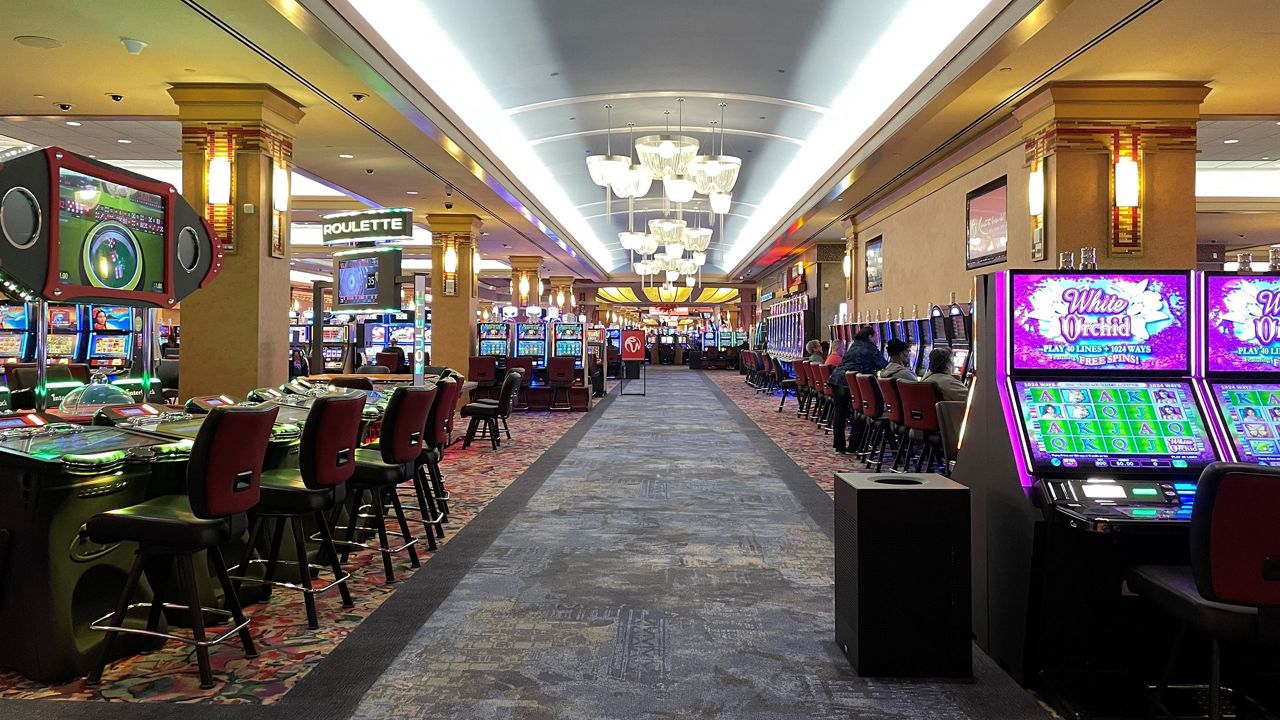Casino experiences have enthralled players throughout history, transforming from easy diversions to sophisticated forms of entertainment that combine luck, tactics, and amusement. From the historical origins of gambling in societies including the ancient societies of Mesopotamia and Rome to the extravagant corridors of contemporary casinos, the history of these games uncovers much about human nature and our relationship with chance. As cultures blended and innovation has progressed, casino games have changed, mirroring shifts in society and innovations in gameplay.
The initial iterations of gambling likely involved basic dice-based games and wagering on the results of athletic contests. Through the years, these basic forms of gambling grew into better-organized games like playing card games, the roulette wheel, and the myriad slot games that populate the floors of casinos today. Every generation brought its distinct regulations, aesthetics, and cultural importance. Today, casino games continue to evolve with the rise of internet-based platforms, enabling players from everywhere to participate in a collective experience, further blending the traditional with the modern era.
Early Origins of Gambling Games
Gaming activities have foundations that reach back to ancient societies, where gambling was strongly integrated in cultural practices and social rituals. The initial known forms of betting developed in ancient Mesopotamia around 3000 BC, featuring primitive die games made from bone bones. These initial games laid the foundation for more complex gambling activities, showing human beings’ natural desire to pursue wealth and entertainment through chance.
As societies evolved, so did their betting interests. In early China, around two thousand three hundred BC, objects were found that looked like early basic versions of a lottery game activity. More organized instances of betting arose in the ancient Roman Empire, where activities of chance were a popular recreation, often occurring in community gatherings. The Romans developed different betting games, which composed dice and table activities, highlighting the widespread nature of gambling across various social strata.
With the flow of time, these primitive games influenced the development of modern gambling activities. In the Middle Ages, card activities emerged prevalent in European culture, paving the way for the organized gaming venues we know today. The transition from casual gambling to formal gaming in taverns and private houses marked a major transformation in how people interacted with activities of luck, leading to the subsequent creation of casinos as dedicated venues for gambling.
The Rise of Modern Gambling Industry
The late 20th century marked a significant transition in the world of gambling games, driven by tech innovations and changes in cultural attitudes towards gambling. The introduction of personal computers and the internet transformed the way gamblers interacted with their beloved games. Virtual casinos emerged, enabling players to enjoy traditional table games like Texas Hold’em and blackjack from the convenience of their own homes. This emerging online environment not only expanded access to casino games but also drew in a younger audience who found the convenience and diversity appealing.
As online gambling gained momentum, so did advancements in casino tech. The development of high-quality programs and graphics converted classic casino games into immersive adventures. Gamblers could now interact with live dealers through live streaming, importing the atmosphere of physical casinos directly into their homes. This fusion of in-person play with online platforms created a novel combination that elevated the community element of gambling, allowing it possible for people to connect and compete with fellow gamers around the world. xx88
Furthermore, the emergence of mobile gaming substantially changed the gambling environment. With the ubiquitous use of mobile phones and tablets, players can play their favorite gaming options at any location, anytime. Mobile applications offer a wide selection of options tailored for mobile screens, serving the fast-paced lifestyle of contemporary gamers. This easy access has resulted in rising participation in gambling, contributing to the surge of the gaming industry. As a result, the outlook of the gaming industry continues to develop, adapting to new technologies and shifting player expectations.
How Technology Influences Casino Games
Technology’s advancement has significantly transformed casino games, enhancing the overall gaming experience for players around the world. With the introduction of the internet, online casinos were created, allowing players to enjoy their favorite games from the comfort of their homes. This change not only made casino games more accessible but also expanded the variety of games offered, as online platforms could offer many different versions of traditional games without the physical constraints of physical casinos.
The rise of mobile technology further revolutionized the casino gaming landscape. With the proliferation, players now have the ability to play casino games anytime and anywhere. This mobility has resulted in the creation of dedicated mobile applications and optimized websites that offer smooth gaming experiences. Additionally, innovations such as live dealer games have delivered the authentic atmosphere of a casino into players’ homes, connecting between physical and online gaming.
Furthermore, advancements in artificial intelligence and VR are paving the way for the next generation of casino games. AI improves game design and player interaction, creating customized experiences based on user behavior and preferences. Meanwhile, virtual reality provides immersive environments where players can engage in a virtual casino environment, making the gaming experience more engaging and realistic. As technology continues to evolve, the future of casino games looks promising, filled with endless possibilities for advancements and entertainment.

